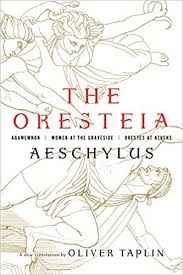Every now and then someone will ask me as a leader in Classical Christian education, “How will you adress the current issue of x, y, or z?” The response is always the same. When a Christ-centered Classical school is as it should be with curriculum and conviction soundly in place, then all current issues are being addressed without being specifically addressed.
One example may serve to illustrate the point. At most Classical Christian schools, piety is taught, studied, and discussed. In Bible classes, chapel, literature classes, and the study of history, there are countless opportunities to consider love of God and love of one’s neighbor. One could imagine that moving along through the years while attending a K-12 Christian Classical school that there are even more occasions to experience with classmates and teachers what love of God and love of neighbor looks like, in the concrete and particular, when it is being experienced within this community.

Another example may help. I just finished reading a new translation of Aeschylus’s dramatic masterpiece, the Oresteia (Oliver Taplin). It is rich with themes such as freewill, determinism, justice, social harmony, political upheaval and a few others. The advantage of reading and re-reading greats such as this is that it allows a modern soul, with a narrowly constricted view (extremely constricted by news and social media), to have a wider perspective. The Greeks, as a faded minority, offer us modern Americans a view from someone who is truly the other. They grappled with the same issues we are daily confronted with and offer a wise engagement that is most often missing today.
Let’s imagine that there may be a current social, political, or cultural issue when someone steps foward and begins to urge that the specific matter of this moment be specifically addressed. We then become reactive and not truly reflective. Our lens of looking at the particular, in this moment, is clouded if not entirely obscured by the very lens itself.
A final consideration for the modern reader. There is indeed something prophetic about encountering a Great Book that confronts us with our modern myopia. There exists the false belief that modern American issues have never been experienced and addressed before by any other people of any other time. The bracing reality is that what has been before, will be again and what has been said before will be said again. The folly of ignoring the wisdom of those other people, in other places and other times, so different and yet so similar to our moment will be at our peril and demise.


